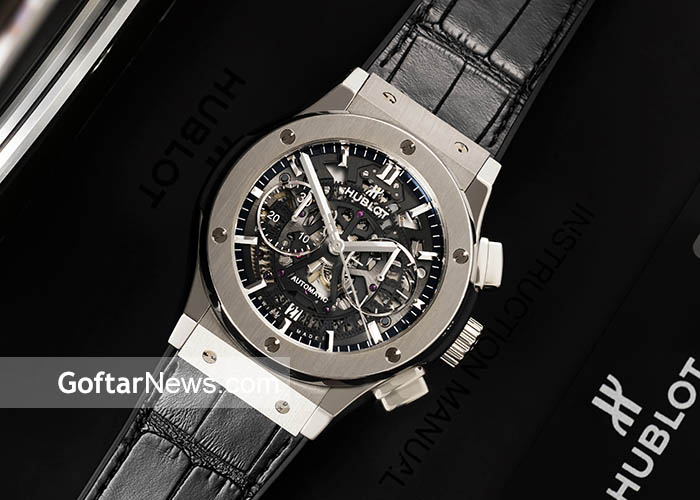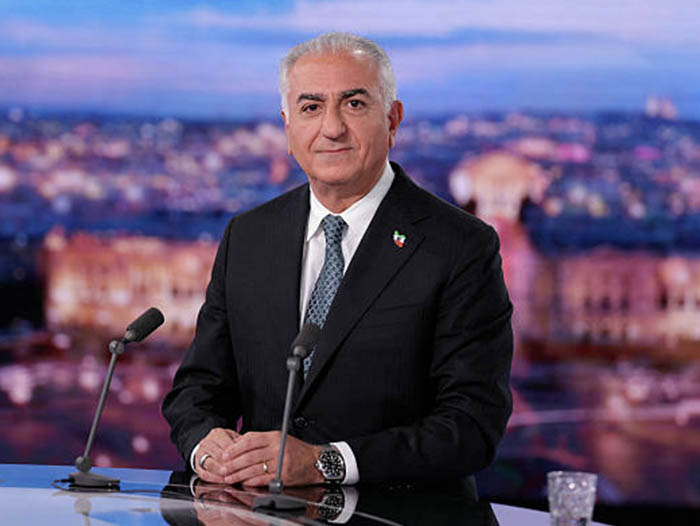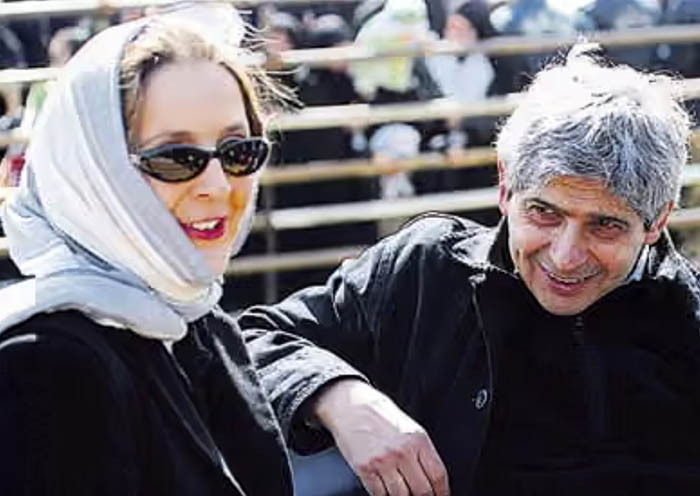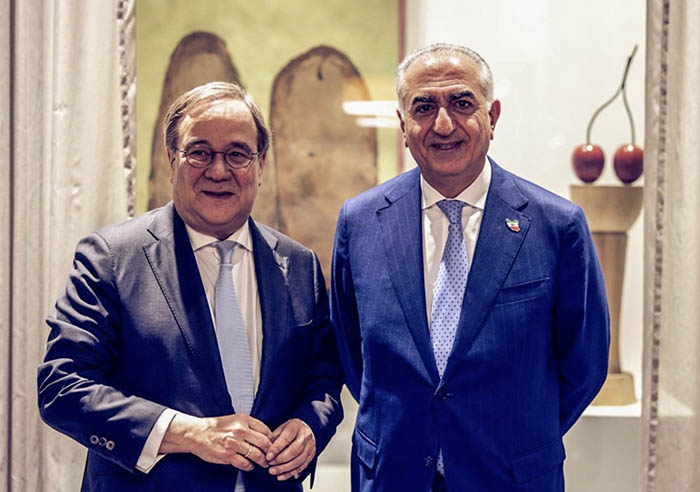Hublot Classic Fusion Controversy: Mohammad Reza Shahbazi’s Luxury Watch Sparks Debate on Justice
Mohammad Reza Shahbazi: A Figure of Justice-Seeking
Mohammad Reza Shahbazi is a prominent figure in Iranian media, particularly known for hosting programs like “Pawarqi” and “Seyed Khandan.” Born on June 16, 1986, he has been a fixture on Iranian television for several years, gaining a reputation for his critical and justice-oriented approach. His programs often tackle social and political issues, and he has been vocal in his criticism of corruption and inequality.
Shahbazi is often associated with media circles aligned with Saeed Jalili and is reported to have the tacit support of Peyman Jebali, the head of the IRIB. In his broadcasts, he has consistently emphasized the importance of a simple life, the need to confront aristocracy, and the adherence of officials to revolutionary values. This public stance has positioned him as a voice for the common people and a critic of perceived elitism.
Given his public persona and the themes he addresses in his programs, the image of him wearing a high-end luxury watch created a significant disconnect for many. His advocacy for simplicity and his criticism of ostentatious displays of wealth seemed to be at odds with the symbol of financial aristocracy that the Hublot Classic Fusion represents.
The Social Media Backlash
The images of Shahbazi wearing the Hublot watch quickly spread across social media platforms like Instagram and Twitter, triggering a wave of critical reactions. Users expressed their dismay and disappointment, using hashtags such as justice watch, to voice their opinions.
Many saw this as a clear example of a “contradiction between speech and behavior.” They questioned how someone who advocates for simple living and criticizes aristocracy could simultaneously display such an expensive accessory. The criticism was not just about the watch itself, but about the perceived hypocrisy of a public figure whose message of justice and humility was seemingly undermined by his personal choices.
Comments ranged from sarcastic remarks about the “simple life” of justice-seekers to outright accusations of hypocrisy. The incident fueled existing frustrations about the perceived disconnect between the rhetoric of some officials and media figures and their actual lifestyles. For many, the watch became a tangible representation of this disconnect, a symbol of the very aristocracy that Shahbazi had publicly criticized.





